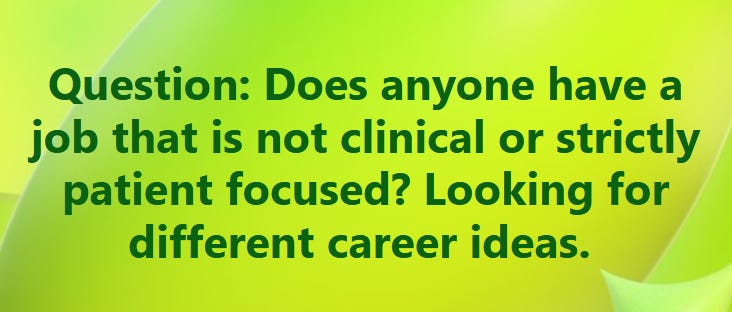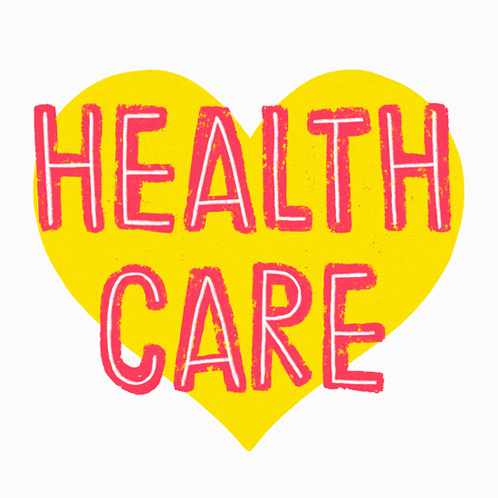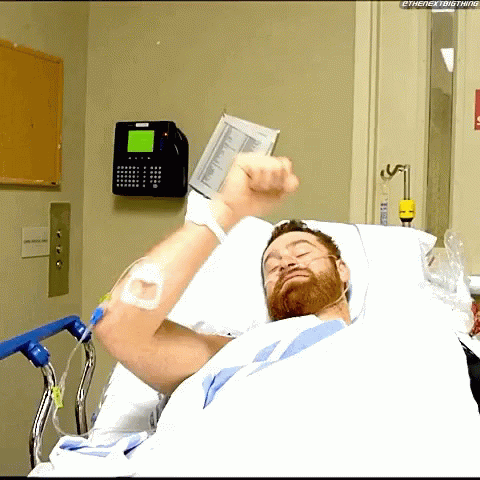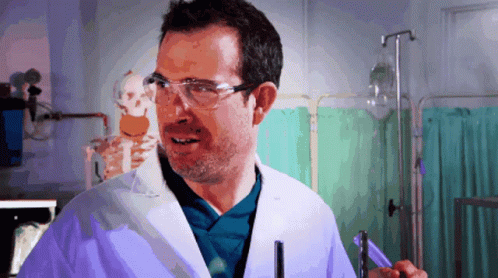7/11/25: Various Effects of the Big Bad ("Beautiful") Bill on: Renal Patients, Rural Hospitals, Medicaid; Alternative RD Careers; Nutritional Deficiencies Post-Bariatric Surgery
Nutrition News YOU Can Use
👋🏼Hi there and thanks for reading the Build Up Dietitians Newsletter! Would you be interested in becoming a paid monthly or annual subscriber to support this work and the work of Build Up Dietitians? Por favor?
🆓#Sponsored WEBINAR-FREE CEU’s
How modern farming practices help put safe, nutritious food on your table. Join Dr. Eliza Lockwood of Bayer and Dustin Moore, PhD, RD, Cal State Long Beach on July 29 from 11a-12p Central for a free webinar. FREE CEUs.
🤔Question: Build Up Dietitians CAREERS group
Danielle B. “I started working for an insulin pump company as a clinical manager and really appreciate the variety in my day, pay and benefits!”
Jack K. “…healthcare marketing…Much higher pay and great benefits, get to travel several times a year as well.”
Katie H. “…Director of Healthcare Partnerships for a medically tailored food company. It’s a lot of account and relationship management and I love it. High pay, bonus opportunity, fully remote. Really great work life balance, especially as a mom!”
Tyler B. “…a ProStart teacher for the local high school. I teach restaurant management, nutrition, and basic culinary arts to grades 10-12. Not a bad gig especially with having 2 of my 4 kiddos at the school this coming year. No weekends, holidays and summer breaks. With experience and adv(anced) degree I get paid better than when I was at the hospital full time.”
Rachel D. “I’m a bariatric clinical reviewer/data abstractor…”.
Chandler K. “…food science, nutrition and wellness teacher in the high school system. Salaried with my masters applied an increase. Steady increases per year…Weekends, holidays and long breaks of course (summer, winter).”
Sue H. “…food manufacturing for almost 20 yrs. I’ve done H&W innovation, regulatory and now food safety, quality & regulatory affairs. Lots of opportunities to use my credentials while also broadening my skill set.”
Julie W. “Bariatric coordinator. Higher pay and flexible work hours. Good work life balance.”
Anita R. “…Renal care coordinator… I am part of a small team that is remote…”
Brandy S. “…collegiate hospitality. I get to do a little of everything- counseling students, health promotion events, food allergy safety, training food service staff, etc. I've been much less burned out and much happier!”
😨BBB and Kidney Patients
👨🏽⚕️BBB and Medicaid
from This week at Unbreaking, July 10 — Unbreaking
“…the reconciliation bill signed into law last week cut a trillion dollars from Medicaid, the program that provides free or low-cost healthcare coverage and long-term-care coverage for 1 in 5 people in the US. With other Trump administration policy changes, the bill is expected to push about 17 million people out of healthcare coverage.
The largest Medicaid cut in the bill works by requiring millions of people who became eligible for Medicaid through the Affordable Care Act expansion to regularly submit paperwork proving their eligibility. Requirements like these have failed to increase employment while unfairly excluding eligible people from Medicaid in several states, but are expected to roll out across the US by the end of 2026. The billions of dollars in non-work-reporting cuts are expected to sharply reduce funding to hospitals and force states to cut funding for in-home care for elderly and disabled people.”
🏥BBB effect on Rural Hospitals
LinkedIn - from Matt McCullough, PhD- Rural Hospital Improvement Director
Question: What is the current state of rural hospitals in the U.S.?
Answer: Currently, 46% of rural hospitals are operating in the red and nearly 800 are at risk of closure. 188 have already closed or converted to a Rural Emergency Hospital (basically just an ER), and the average operating margin for Critical Access Hospitals is only 2.6%.
Question: How will the OBBB impact rural hospitals?
Answer: The National Rural Health Association predicts that rural hospitals will lose .21 cents out of every dollar they receive from Medicaid due to the OBBB. If Medicaid accounts for 13% of a hospitals total revenue on average (much higher is some states), they will lose 21% of that revenue, resulting in a total loss in revenue of 2.6%.
🏥If a hospital’s operating margin is 2.6% and they will lose 2.6% of their revenue, how will they survive? The only option is to cut services (like maternity care), reduce staffing, reduce wages, or close their doors to the community for good.
😷from LinkedIn: Nutritional Deficiencies Post-Bariatric Surgery
Summary from Melanie Jay, MD, MS - Obesity Medicine Physician









